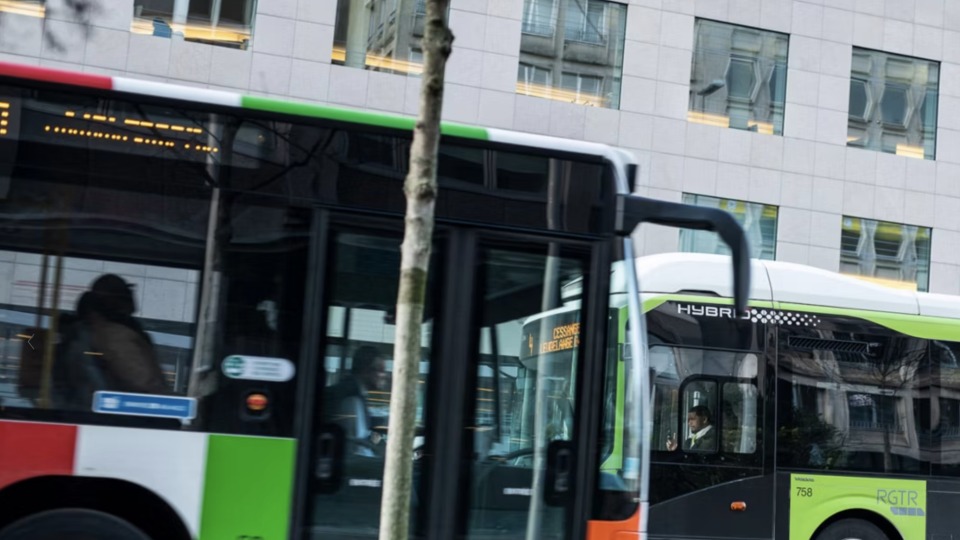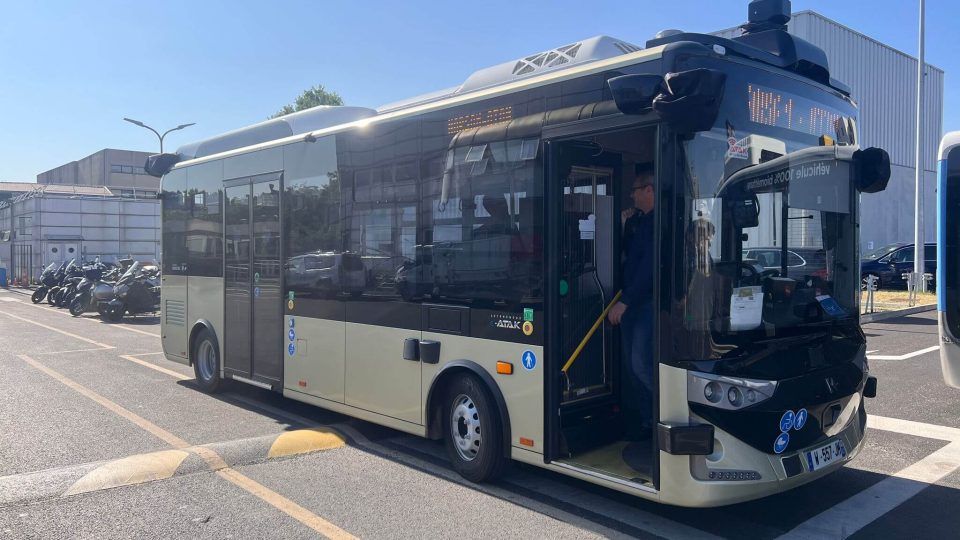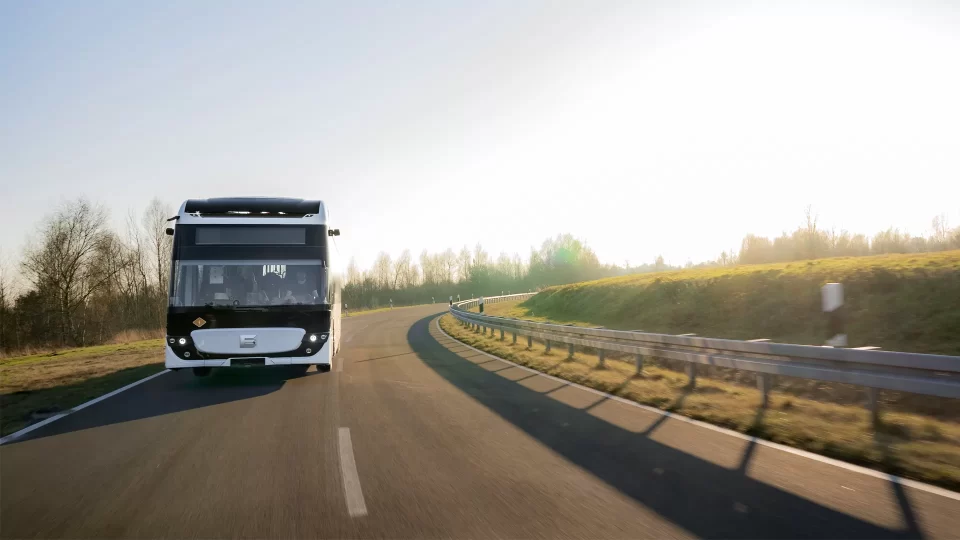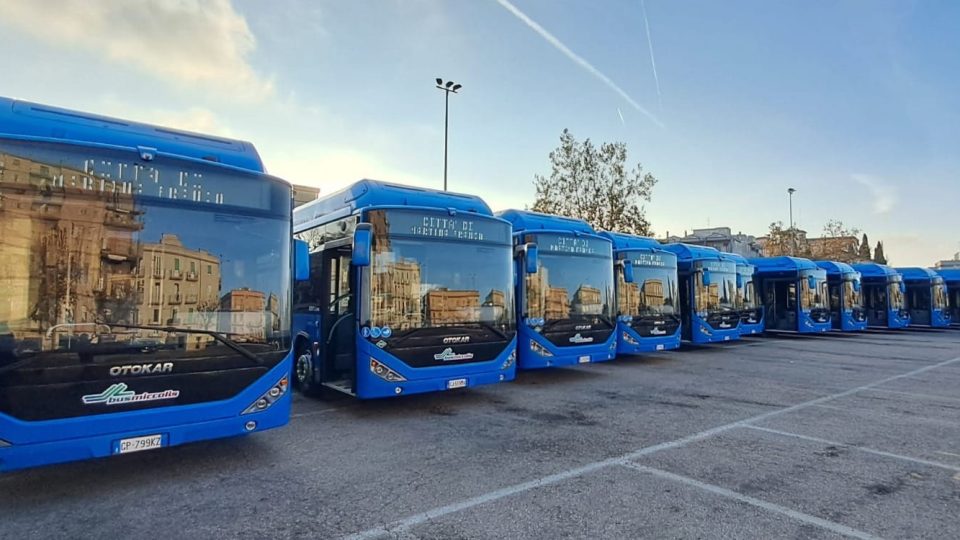Van Hool is set to halt production of city buses and focus only on coaches (in Macedonia)
Van Hool is reportedly willing to concentrate entirely on coaches and trailers, but the production of those coaches would largely move from Belgium to northern Macedonia. That means potentially hundreds of jobs will be lost in Koningshooikt. What is odd, Van Hool has recently launched a new platform for zero emission city buses (A-series).
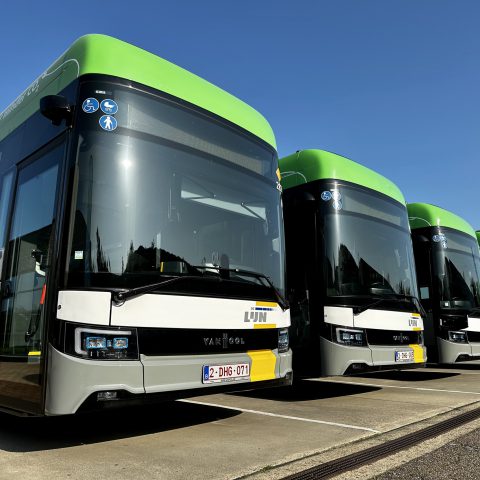
Van Hool is set to stop the production of city buses. The news was out in the early morning of today 11th March on Belgian media, and was then the objective of a press note by Van Hool announcing “its intention to strategically refocus its activities towards market segments where customers consciously choose the high quality of Van Hool products”.
What is odd, Van Hool has recently launched a new platform for zero emission city buses (A-series), and won an important contract for trambuses in Paris.
Earlier this year, Marc Zwaaneveld has been appointed co-CEO at Van Hool in order to manage the crisis.
Van Hool’s statements on realignment of the company
Within Van Hool Recovery Plan, Van Hool says it “will engage with customers from various markets, including public transport, to discuss the implications of this potential realignment. Indeed, this change means that the company will be more selective in accepting new orders from public transport. Production of buses and coaches would mainly take place at the plant in Skopje, northern Macedonia. In Koningshooikt, the IV (Industrial Vehicles) division would focus on semi-trailers requiring a higher degree of expertise and offering higher added value for the customer as well as for Van Hool. The B&C (Bus & Coach) division would keep its knowledge centre, research & development, prototype building and after-sales in Koningshooikt”.
In Van Hool’s words, “The company deeply regrets that, in the period 2024-2027, it would implement a necessary restructuring at the Koningshooikt site. This plan would result in the departure of about 1,100 valued colleagues during that period”.
Commenting on this, Co-CEO Marc Zwaaneveld said, “We understand the impact this plan will have on employees and their families, and it is hard for us to take this step. However, given the highly pressing situation the company finds itself in, it is truly necessary to take these measures to secure a sustainable future for Van Hool. With this Recovery Plan Van Hool remains a meaningful employer in Flanders.”
Van Hool states that the largest number of departures, around 830, would take place this year. “This includes various forms of departure such as redundancies, retirement schemes and natural attrition. In the years 2025 and 2026, based on past experience, over 50 more natural departures would be planned, allowing the recovery plan targets for that period to be met. In 2027, around another 220 employees would leave the company through redundancies and pension schemes. Over time, the Van Hool Recovery Plan envisages direct employment of about 1,400 employees and almost 3,000 if you include indirect employment, the vast majority of which is in the region”.
Van Hool’s plans for relaunch deadline on 31 March
Reportedly (but this is not confirmed by Van Hool official communication), crisis manager Marc Zwaaneveld has set 31 March as the deadline. Zwaaneveld wants to know by then whether his relaunch plan is supported, as it needs 45 million euros. He is looking at the Flemish government and the banks. Without an agreement by 31 March, Van Hool threatens to file for bankruptcy.
Banks and Flemish government would like an industrial partner to come on board at Van Hool, but the OEM has not found one so far. The Flemish government, as reported on media, could participate in Van Hool only if an external partner is coming.
Van Hool is paying competition from larger companies
Reason for crisis at Van Hool is reportedly the competition from Asian groups or European large automotive groups.
“Van Hool does not touch enough cheap parts such as batteries to be competitive. As a result, it lost a big contract at De Lijn to BYD, which turned out to be 20 per cent cheaper than all the other European bus makers competing for the order”, PVMagazine writes.
Van Hool would now like to focus on the production of luxury coaches. That is a market where there is less competition and Chinese companies do not immediately target.
However, production of those buses, currently still made in Koningshooikt, would move mostly or entirely to northern Macedonia. There, Van Hool already has a factory making city buses. So when it stops making city buses, it will free up capacity there to make other buses.



